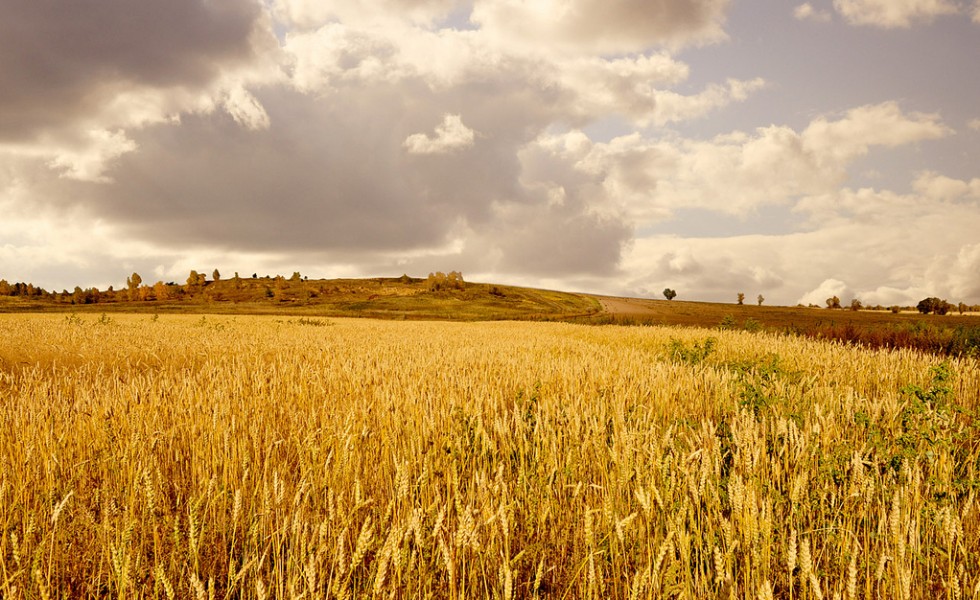Tell Me If You’ve Heard This Before
Posted on October 3, 2018

Truisms don’t need to be completely true to be a truism. For example, “If you live long enough, you’ll see everything” doesn’t mean you will see everything if you live a long life. You may see a great deal, but it’s highly unlikely you’ll see “everything.”
Simone de Beauvoir, a French novelist and existentialist, turned that optimistic truism into a darker one: “If you live long enough,” she wrote, “you’ll see every victory turned into defeat.”
Again, not always true. Unless, of course, you’re Congress and have a Farm Bill to write. Then, every four or five years, happy chatter about bipartisanship victory will regularly turn into bitter partisanship defeat.
Past Farm Bill fights confirm it. The 2002 Farm Bill finally passed two weeks after the 1996 law expired. The 2008 law drew two presidential vetoes before Congress voted to override both to finally finish it.
The 2014 bill was written in 2012 and 2013, then rewritten by a new Congress in 2014 before it limped out of Congress two years late.
This recent streak of legislative lateness—that may be added to again this year—has, in fact, a long history. “The longest continuing drama in Congress,” noted the Dec. 19, 1981 New York Times, “the Farm Act of 1981, ended with more losers than winners and with nobody really satisfied…”
That Farm Bill was delayed because a new president, Ronald Reagan, demanded that the four-year cost of the law’s commodity price supports be held below—get this—$11 billion. After five months of fighting, Reagan got what he wanted, a commodity title only $400 million overweight.
But “‘It’s a bummer of a bill for the farmers,’ said Representative Neal Smith, Democrat of Iowa,” reported the Times. “‘It accomplished just what David Stockman,’” Reagan’s budget director, “‘wanted: Divide each commodity group from the others and then beat them down, one at a time.’” Smith was soon proven correct.
By late 1982, record interest rates were clobbering farmers and near-record crops were clobbering prices. Widespread drought in 1983 then clobbered net farm income; nationwide it fell from $23.8 billion in 1982 to $14.3 billion in 1983. Farm equity, based on 1970s-inflated land prices, drained away and the rural economy spiraled downward with it.
The 1981 Farm Bill, however, had no tools to repair the damage and it took time for Congress to act. In 1983, Congress created the Payment-in-Kind Program (PIK), a grain-for-acres swap that quickly cost U.S. taxpayers $25 billion. Then, in 1985, Congress created the Conservation Reserve Program, a long-term resource protection program that slowly removed 25 million acres from crop production to, hopefully, boost prices.
Even then, the cost of the 1981 Farm Bill’s failure was high. From 1982 through 1989, federal farm payments totaled $83 billion; the high water mark was 1987’s $16.7 billion ($32.4 billion in 2018 dollars), almost five times 1982’s program expense of $3.5 billion.
The toll on rural America was even higher. Local institutions like schools, hospitals, grocery stores, and banks saw their once-solid foundations crack as farms began to consolidate and rural communities began to empty. It’s an exodus that continues today.
Why the history lesson?
Because Congress, the White House, and most commodity groups are positioning U.S. agriculture to repeat that colossal Farm Bill failure. In fact, today’s Farm Bill delay—just as in 1981—is largely over how cheap Congress can get federal farm and food aid spending in the coming decade to better pay for a massive tax cut that, like the massive 1981 cut, will never pay for itself.
It would be one thing if the delay was due to debate over policy questions like, Will continuing the policies that delivered today’s depressed prices ever bring higher prices? If not, what’s in the bill to stem the red ink?
Or maybe, Should Congress restrict a president’s authority to impose income-cracking tariffs, then stick taxpayers with the cost of his whim?
Farm Bill players are not asking these questions. That’s unwise because, if history is any teacher, we may need those answers soon.
Maybe very soon.
© 2018 ag comm
Share This